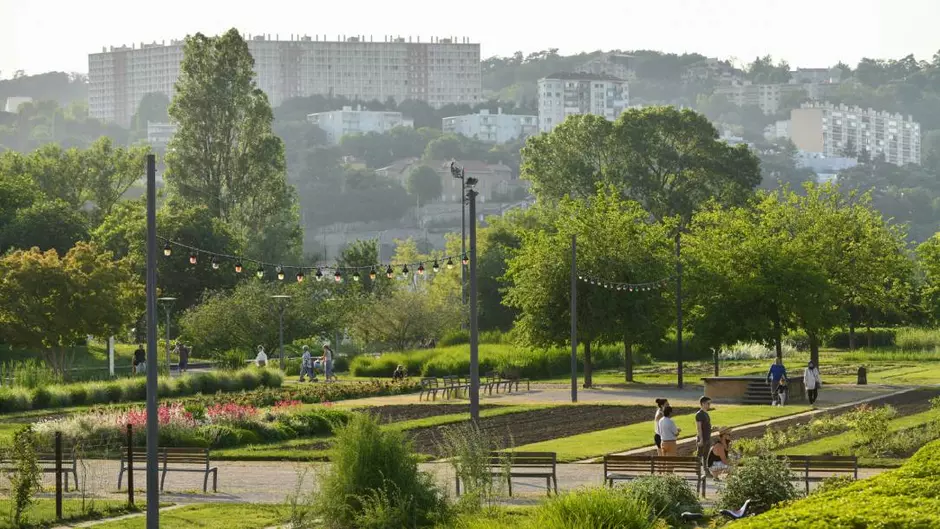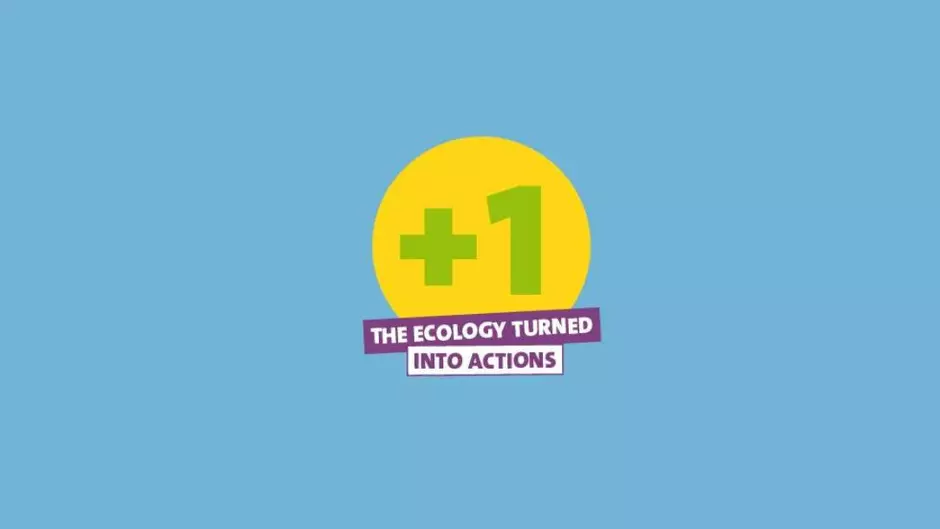Veolia is committed to working with all its stakeholders and interacts regularly with them at a local, regional, national and international level. The opening up of the company to its stakeholders is at the very heart of the Group’s corporate purpose. It goes much further than a mere dialogue. The aim is to construct together useful solutions that will have a strong positive impact for all concerned.

We have chosen a name for this approach of shared progress with and for our stakeholders:
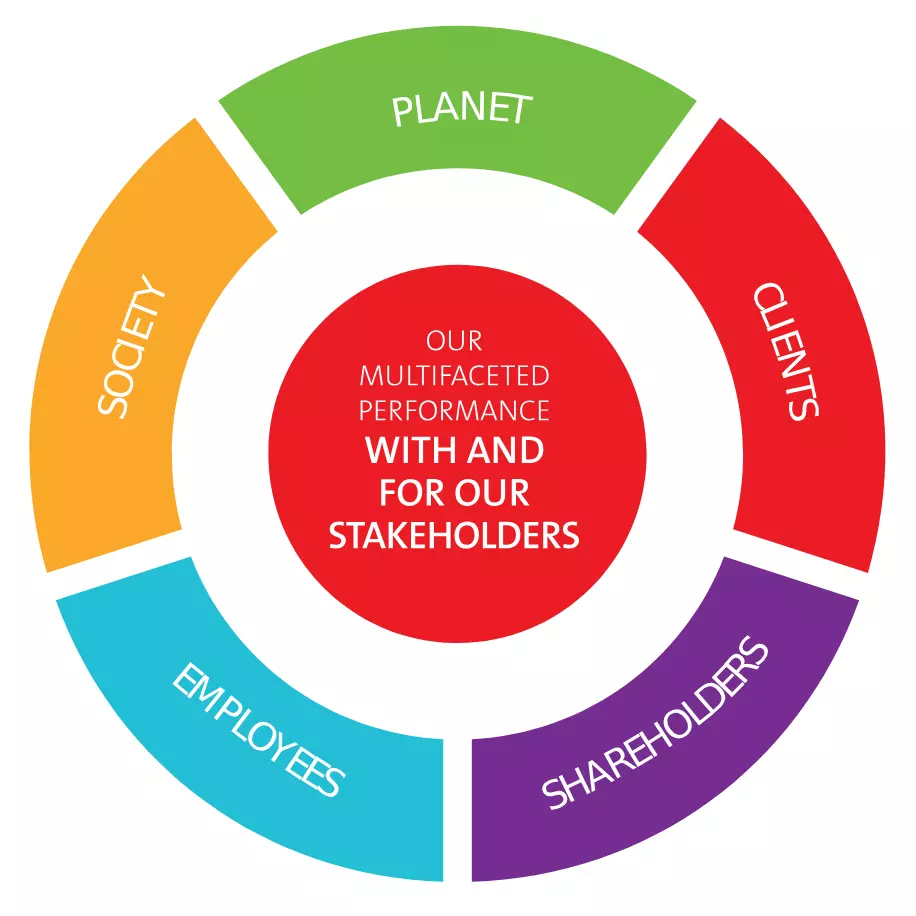
The Resourcing Together approach: three major challenges
Listening and exchanging
To understand the expectations and needs of our stakeholders, to identify different viewpoints and to have a fair and complete vision that enables us to adjust our arbitrations and to achieve relevant solutions.
Co-construction and seeking solutions
To work with our stakeholders to construct useful solutions that will have a strong positive impact for all concerned. To integrate, whenever possible and required, certain stakeholders into certain decision-making processes.
Commitment and sincerity with regard to the impact created
To fulfil our commitment and consult our stakeholders, in accordance with Veolia’s corporate purpose, in order to account for the multiple impacts of our business activities.
Models of innovative relationships with our stakeholders
1. LISTENING AND EXCHANGING
The ecological transformation barometer
Since 2022, Veolia, in partnership with Elabe, has published the biennial Ecological Transformation Barometer, an exclusive global opinion survey, focusing on the degree of acceptability of ecological solutions and analyzing the obstacles and levers for action to speed up the transformation. The survey covers a sample representing more than half of the world's population, distributed across five continents.
Veolia's "critical friends" committee
Veolia created in 2013 a committee of “Critical Friends” with a view to constructing a forum for collective reflection. The aim is to give the Group’s top management privileged access to the viewpoint of external observers who are personalities from civil associations, public institutions, the academic world and corporate partners, in order to provide the Group with outsiders’ insights and independent opinions concerning strategic issues linked to its corporate purpose and social, societal and environmental responsibility, so as to aid and assist its continuing progress.
Find further information on:
- The role and missions of the Critical Friends Committee
- Foresight initiatives of Veolia and its stakeholders: “And tomorrow, double or nothing for the environment?" and Green Mirror

Veolia's authenticity matrix, a tool for listening and for dialogue
The rapid changes in market trends and the diversity of the geographical contexts in which Veolia operates create the need for continuous dialogue and exchange with all the Group’s stakeholders, whether they are local, national or international.
By maintaining contact with stakeholders from civil society (NGOs, social entrepreneurs, consumers’ associations, participants in the world of solidarity, university lecturers etc.), Veolia sustains lasting relationships with all its stakeholders, in a search for dialogue and joint construction.
In 2020, with a view to determining the Group’s strategic challenges and the expectations of its stakeholders, Veolia conducted a survey among its external and internal stakeholders (i.e., the Group’s customers, competitors, suppliers, end consumers, regulatory authorities, local residents, associations and collaborators) in order to update the relevance analysis of its CSR challenges.
The aim was to assess the perceptions of the orientations adopted by the Group, and more especially those concerning the environmental, societal and social objectives of its multiple performance options, in order to take these into account in its decision-making and governance processes.
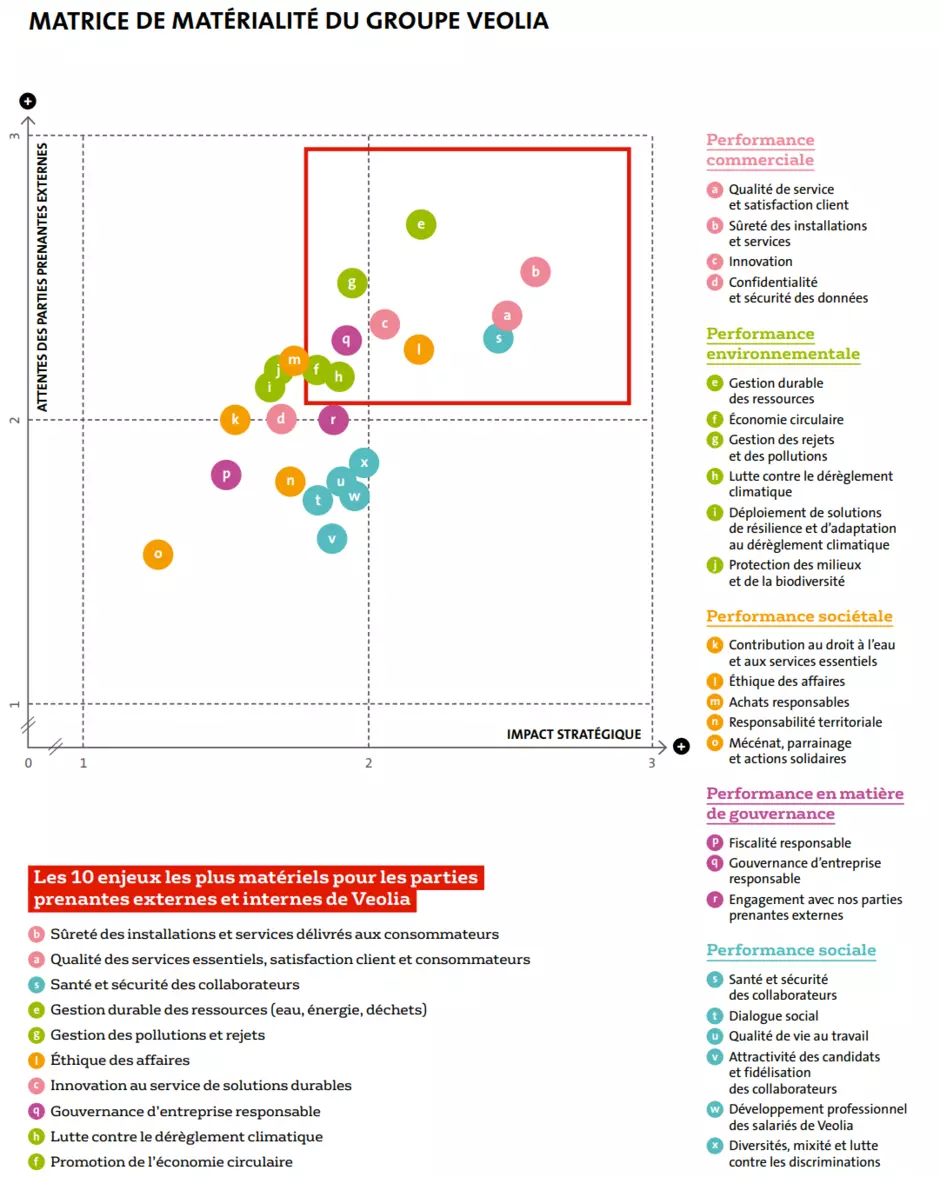
Find further information in:
• The Integrated Report 2024-2025
• URD 2024
The veolia institute, thinking together to illuminate the future
To contribute to the analysis of emerging issues at the crossroads of the environment and society, Veolia created the Institute in 2001. Conceived as a platform for exchange and debate, the Institute brings together and disseminates the experience and expertise of various actors: researchers, public sector actors, NGOs, international organizations and companies. Through its conference-debates, its magazine, Facts Reports, and working groups, it aims to:
- propose forward-thinking reflection on subjects related to the environment and sustainable development;
- raise awareness of associated issues, through the dissemination of knowledge, among decision-makers and the general public;
- and enrich Veolia’s vision of the future, by listening to its stakeholders.
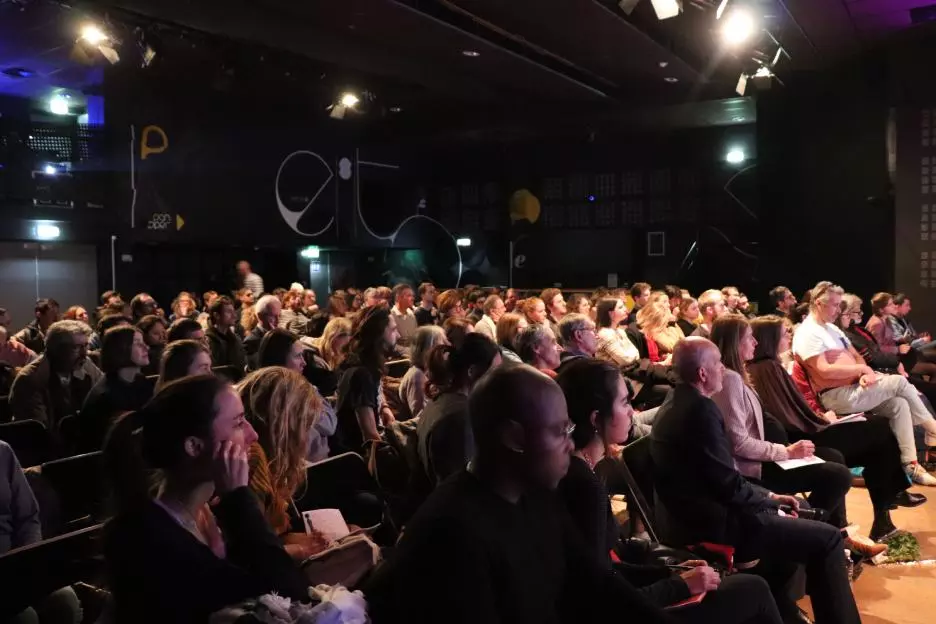
Find more information on:
Veolia institute
Veolia as a partner in the Comité 21 think-tank “Companies and stakeholders: new approaches for resilience and good governance”.
Comité 21, in collaboration with the association Des Enjeux et Des Hommes (“ Challenges for Mankind”), published in February 2021 an international benchmark reference document for dialogue with stakeholders, followed in June 2021 by the following report: “Dialogue with stakeholders to improve resilience”, which focuses on the trends in terms of dialogue with stakeholders in France, and the link between such practices and companies’ degree of resilience.
2. COOPERATION AND SEEKING SOLUTIONS
+1, ecology turned into action
In order to strengthen this dialogue at the level of our geographical zones, our BUs, as well as within our contracts in each region, Veolia has designed and developed the "+ 1, ecology turned into actions" cooperation program, with the aim of turning it into an accelerator for multifaceted performance.
This is an innovative methodology for dialogue between stakeholders on the challenges of ecological transformation. The goal is to enable discussion and reflection between players from different backgrounds, so that they can work together to roll out solutions that will benefit the greatest number of people.
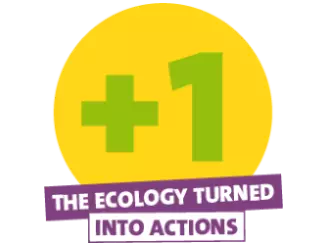
Find HERE further information about +1, ecology turned into actions and about the +1 collective
Veolia made public its method of cooperation between stakeholders in order to support the implementation of this broader vision of business as well as the deployment of the most useful solutions. Thus, Veolia makes available in open source the manual of +1 method, to enable each company and organization to make the method its own and adapt it to its challenges.
For the contract of Arianeo, the new green energy production center of the Nice Metropolitan Area, Veolia and the Nice Côte d’Azur Metropolitan Area have devised an open and participative governance structure inspired by Veolia’s stakeholder dialogue initiative, “+1, ecology turned into actions”. An Environmental and Societal High Council bringing together the stakeholders of the contract, namely the Nice Côte d’Azur Metropolitan Area, neighborhood committees, Banque des Territoires, and Veolia will report on the social, societal, and environmental impact of the actions initiated as part of the activity at the site.
3. COMMITMENT AND SINCERITY WITH REGARD TO THE IMPACT CREATED
Multifaceted performance: an integrated approach to CSR and corporate strategy
To implement its purpose, Veolia adopted in 2020 a tool for in-depth transformation: multifaceted performance. This is a tool that guides the management of the Group's activities in a search for balance between 5 performance dimensions: economic and financial, commercial, human resources, social and environmental. The same level of attention is paid to each of these dimensions to ensure a maximum sustainable impact.
The Group is committed to multifaceted performance organized, in its GreenUp strategic program for 2027, around 15 progress objectives. Each of the indicators associated with the objectives is measured and audited by independent bodies every year in order to monitor progress.
Veolia & third places dedicated to eco-responsibility
Veolia supports the territories in which it operates and participates in their economic, social and environmental development by favoring, in conjunction with its local partners, the setting up of third places dedicated to citizens’ commitments, where the ecological transformation can be organized locally.
Since 2018, Veolia has in fact worked on the deployment of this innovative model by proposing a third place in its contracts, when relevant. The aim is to mobilize its stakeholders (customers, private citizens, NGOs, sub-contractors, etc.) in support of the environmental and societal aims of the contract, and also to encourage the local population’s commitment on subjects such as the reduction of waste, the preservation of resources and of biodiversity, together with the fight against climate change. Several projects are currently being developed, both in France and internationally.
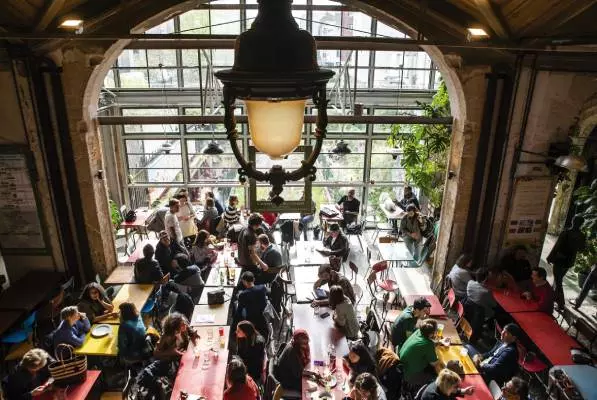
Find further information on:
Veolia’s commitment to “inclusive third places”
Since 2014, Veolia has served as the lead partner of La REcyclerie, a former train station that has been converted into a third place for eco-responsible experimentation. The center works to raise awareness and mobilize a wide audience around the challenges and alternative pathways for a more responsible and sustainable society. This ecological space for everyone combines a coffee shop/cafeteria, an urban farm, a repair workshop, a library and a program of eco-cultural events.
An ambitious project for a school for ecological transformation
In 2021, Veolia committed to federating a group of partners (companies, local authorities, public players, employment and training players, trade union and employee representatives) to create a School of Ecological Transformation, with two objectives:
- Promote the highest impact ecological transformation solutions and assessment tools that are most relevant to global limits and sustainable development;
- Train in the skills and professions of ecological transformation, at all levels of qualification, and targeting in particular people who are far from employment or in retraining.



